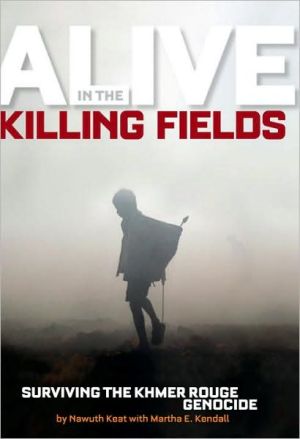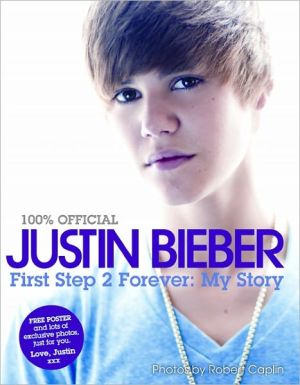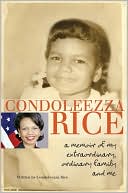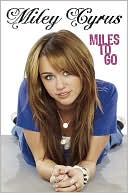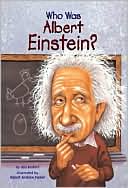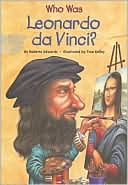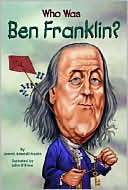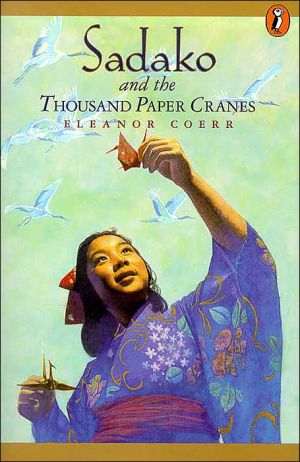Alive in the Killing Fields: The True Story of Nawuth Keat, a Khmer Rouge Survivor
Alive in the Killing Fields is the real-life memoir of Nawuth Keat, a man who survived the horrors of war-torn Cambodia. He has now broken a longtime silence in the hope that telling the truth about what happened to his people and his country will spare future generations from similar tragedy.\ In this captivating memoir, a young Nawuth defies the odds and survives the invasion of his homeland by the Khmer Rouge. Under the brutal reign of the dictator Pol Pot, he loses his parents, young...
Search in google:
Alive in the Killing Fields is the real-life memoir of Nawuth Keat, a man who survived the horrors of war-torn Cambodia. He has now broken a longtime silence in the hope that telling the truth about what happened to his people and his country will spare future generations from similar tragedy.In this captivating memoir, a young Nawuth defies the odds and survives the invasion of his homeland by the Khmer Rouge. Under the brutal reign of the dictator Pol Pot, he loses his parents, young sister, and other members of his family. After his hometown of Salatrave was overrun, Nawuth and his remaining relatives are eventually captured and enslaved by Khmer Rouge fighters. They endure physical abuse, hunger, and inhumane living conditions. But through it all, their sense of family holds them together, giving them the strength to persevere through a time when any assertion of identity is punishable by death.Nawuth’s story of survival and escape from the Killing Fields of Cambodia is also a message of hope; an inspiration to children whose worlds have been darkened by hardship and separation from loved ones. This story provides a timeless lesson in the value of human dignity and freedom for readers of all ages.VOYAWhen the Khmer Rouge came to his village, burning the grass-roofed huts and shooting people randomly, Nawuth and his family hid in a ditch. Tricked into revealing their presence, his grandmother is shot first, pleading for their lives, and then his uncle, aunt, and babysitter. A single bullet pierces his mother and baby sister. Nawuth, only eleven, is shot three times, but survives by pretending to be dead. In the horrific months after, Nawuth, his surviving family members, and thousands of Cambodians are stripped of their possessions and forced to work long hours in rice fields. Occasionally Nawuth is reunited with his father, who eluded the enemy for a time by hiding in the jungle. Starved and tortured, brutally force-marched from place to place, the little family somehow stays together while around them many are being slaughtered. After three hellish years the Vietnamese invade Cambodia, bringing some relief. But life is still so full of hardship that Nawuth's older sister and her husband seek a way of escape for all of them. Told with stark simplicity, Nawuth's narrative is memorable yet accessible to young readers. Biographer Kendall notes in the foreword that the sentences are hers but the life story is his. This book and four companion titles each won the Notable Social Studies Trade Books for Young People Award. Reviewer: Martha K. Unruh
\ Children's Literature\ - Greg M. Romaneck\ Alive in the Killing Fields tells an epic story of survival. In the mid-1970s Cambodia was divided by civil war. At that time the Khmer Rouge competed for power and represented an agrarian communist movement that eventually took control of Cambodia. Led by Pol Pot, the Khmer Rouge were ruthless in their drive to eliminate any scholarly, urban, Western, or non-agrarian influences from Cambodia. Millions of people were forced to leave cities and towns in order to journey into the countryside where they worked as virtual slave laborers in rice paddies. Over three million people eventually died in what became a genocidal bloodbath of nearly unparalleled brutality. Caught up in the maelstrom of the Khmer Rouge's horrific actions were Nawuth Keat and his family. This biographical tale traces the torturous and at times tragic pathway that led Nawuth and most of his family to a refugee camp in Thailand and then emigration to the West. Recorded by Martha Kendall, Nawuth's story is a moving reminder of the price many people are willing to pay not only to survive but to reestablish a life of possibilities. This is a powerful story and one that will open the eyes of its readers in terms of what people are capable of, both good and bad. Reviewer: Greg M. Romaneck\ \ \ \ \ VOYA\ - Martha K. Unruh\ When the Khmer Rouge came to his village, burning the grass-roofed huts and shooting people randomly, Nawuth and his family hid in a ditch. Tricked into revealing their presence, his grandmother is shot first, pleading for their lives, and then his uncle, aunt, and babysitter. A single bullet pierces his mother and baby sister. Nawuth, only eleven, is shot three times, but survives by pretending to be dead. In the horrific months after, Nawuth, his surviving family members, and thousands of Cambodians are stripped of their possessions and forced to work long hours in rice fields. Occasionally Nawuth is reunited with his father, who eluded the enemy for a time by hiding in the jungle. Starved and tortured, brutally force-marched from place to place, the little family somehow stays together while around them many are being slaughtered. After three hellish years the Vietnamese invade Cambodia, bringing some relief. But life is still so full of hardship that Nawuth's older sister and her husband seek a way of escape for all of them. Told with stark simplicity, Nawuth's narrative is memorable yet accessible to young readers. Biographer Kendall notes in the foreword that the sentences are hers but the life story is his. This book and four companion titles each won the Notable Social Studies Trade Books for Young People Award. Reviewer: Martha K. Unruh\ \ \ School Library JournalGr 6 Up—At age nine, Keat was rousted from his bed by Khmer Rouge soldiers. After savagely murdering most of his family, they shot him three times and left him for dead. Miraculously, he survived, only to spend the next few years fighting for his life and running from the Khmer Rouge along with his remaining family members. Eventually, he and his siblings made their way to a refugee camp where his older sister bought his freedom. In this memoir, written with the assistance of his college professor, Keat paints a poignant portrait of life as a child in Cambodia in the 1970s. His skills, cunning, and sheer will to survive enabled him to endure devastating occurrences and difficult living conditions. The story is not for the faint of heart, as suffering torture at the hands of soldiers, subsisting solely off of rice chaff, and being forced to sleep among human remains are only some of the atrocities he suffered. Keat's story is compelling and concise, and readers will find themselves invested in his eventual escape.—Kelly McGorray, Glenbard South High School, Glen Ellyn, IL\ \ \ \ \ Kirkus ReviewsWritten in collaboration with his college literature professor, Keat tells the compelling story of how he survived the horrors of the Khmer Rouge regime in Cambodia. The fifth of eight children, Nawuth was nine when the Khmer Rouge came to his small village. Nawuth's father was a successful rice farmer, making the family one of its most prosperous-and a prime target for the Khmer Rouge, which captures and enslaves them. Forced to labor with hunger and physical brutality as constants, Nawuth eventually loses his parents, younger sister and several other members of his family; his resourcefulness and determination to keep the rest alive are inspiring. His recollections are vivid and often horrific, though the disjointed narrative sometimes makes it difficult to follow the chronology. As compelling and poignant as Nawuth's personal story is, though, the lack of any historical context is a significant oversight. Without even an introduction or historical note to guide them, young readers will not understand what the Khmer Rouge was or why it engaged in a genocidal campaign against its own people, rendering this moving memoir incomplete. (time line) (Memoir. 12-16)\ \
